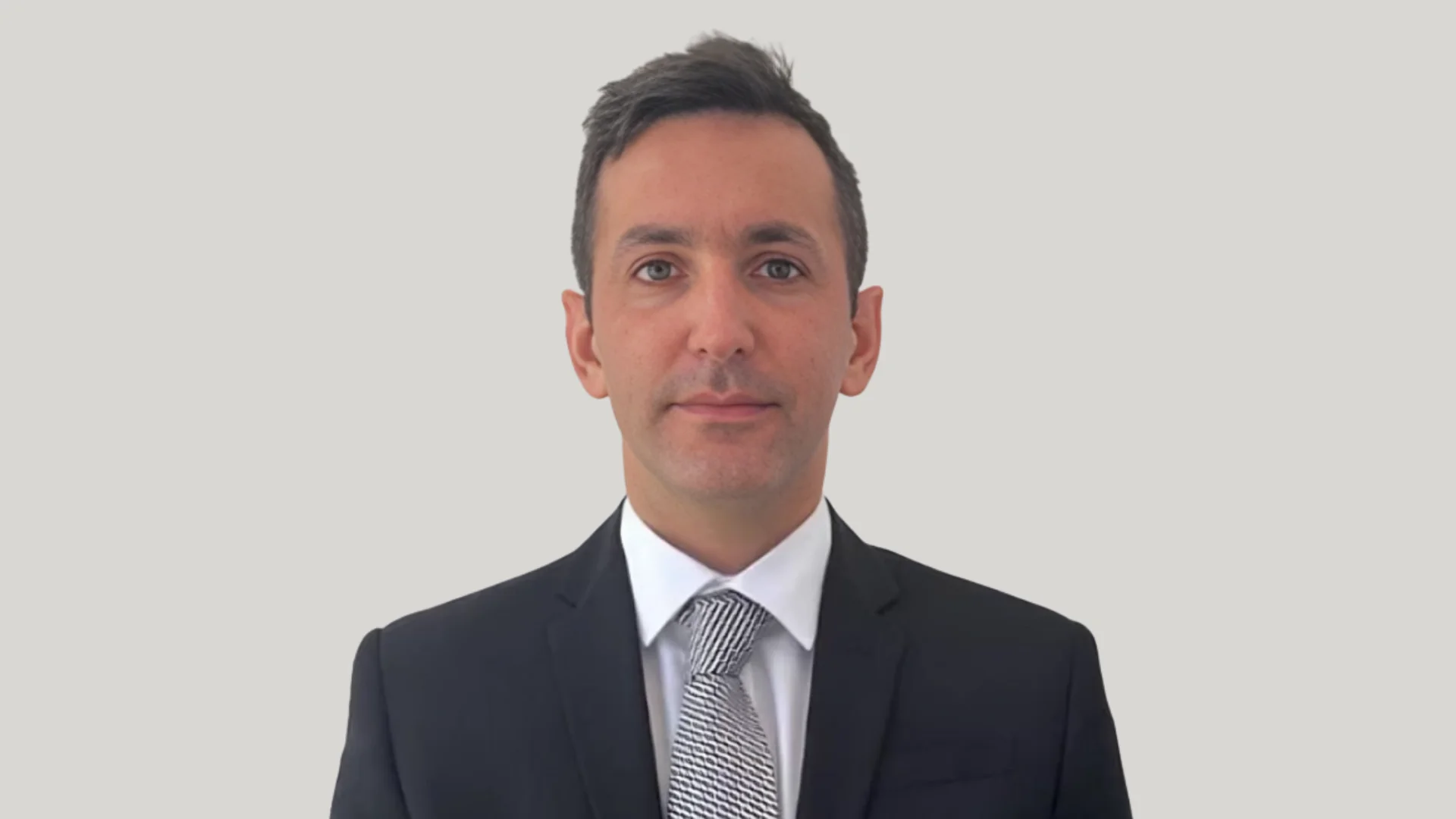Timor-Leste’s economy expanded by 4.1 percent in 2024, marking its fastest growth rate in recent years. The World Bank notes that while this growth has continued into 2025, the country faces challenges in maintaining momentum and ensuring long-term prosperity. According to the September 2025 edition of the World Bank’s Timor-Leste Economic Report, reforms in land governance are essential for future economic transformation.
The report, titled "Land of Opportunities: How Land Administration Can Power Timor-Leste's Economic Transformation," highlights that fragmented land administration is a major obstacle to inclusive growth, even during periods of expansion. The study observes that although legal frameworks for modern land administration have been established, implementation remains a challenge and continues to limit development efforts. Drawing on examples from Rwanda and Indonesia, the report suggests that systematic land reform can improve productivity and increase revenues.
David Freedman, World Bank Group Resident Representative for Timor-Leste, stated: “Land is Timor-Leste’s most valuable asset. An efficient system for land titling, secure and fair land rights can stimulate private investment, create more jobs, drive growth and help reduce poverty.”
To promote investment and enhance productivity, the report introduces a “7 Ps” roadmap: Policy, Protection, Planning, Past Data, People, Processes, and Platform. The suggested approach aims to strengthen land rights and modernize land administration as key steps toward unlocking further economic growth.
The Timor-Leste Economic Report (TLER) serves as the World Bank’s main biannual analysis of the country’s economy. It reviews recent trends and presents policy options designed to support Timor-Leste’s transition towards resilience, diversification, and inclusive growth.

